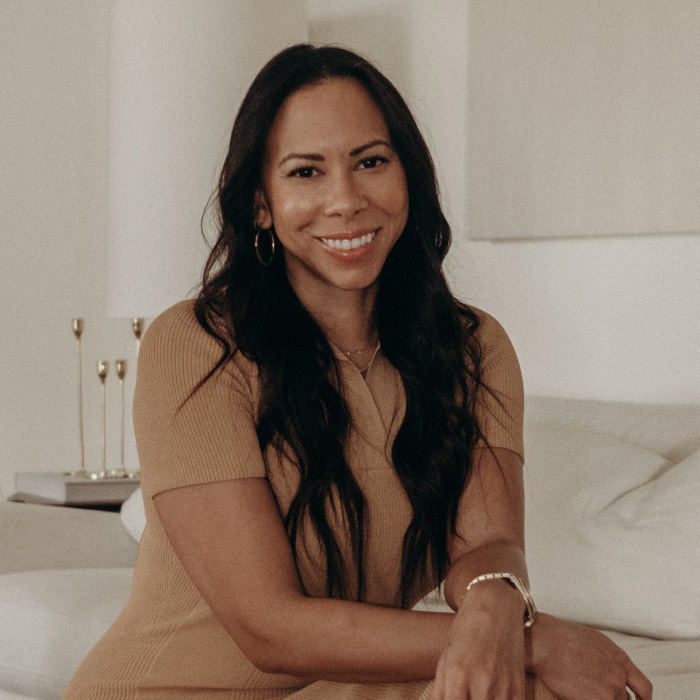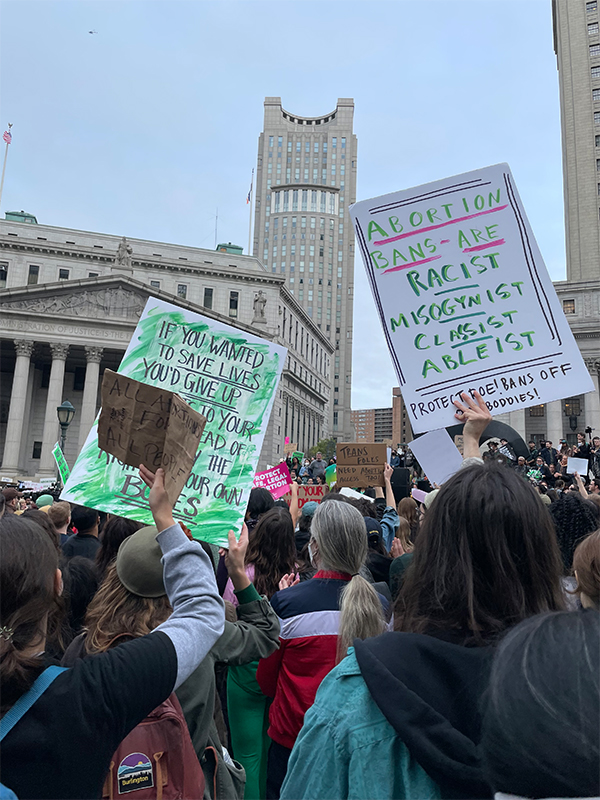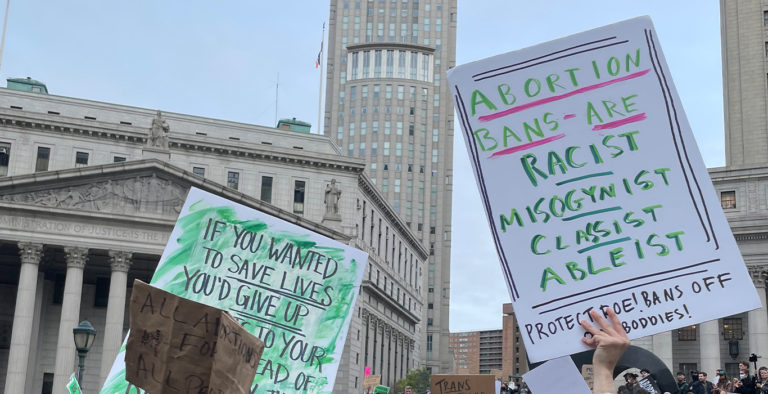Roe v. Wade has been foundational to reproductive policies in the United States for the last 50 years. But its existence now rests in the hands of a majority conservative Supreme Court that has signaled it would overturn the law.
This is based on a leaked opinion of SCOTUS regarding the Dobbs v. Jackson Women’s Health Organization case, for which the high court is expected to issue its official ruling in the next couple of months. The case involves a Mississippi law that makes most abortions illegal after 15 weeks of pregnancy. It goes directly against Roe v. Wade, which allows abortion procedures to take place up to viability, or 24 weeks.
For women—especially women of color who are already underserved by the nation’s healthcare system—the consequences of this pending decision from SCOTUS could be insurmountable. Here are five ways the health and livelihood of women could be impacted in a world without Roe v. Wade:
“Safe Haven” States Could Be Overwhelmed
Due to the nature of Roe v. Wade, states were given the discretion to implement their own laws, such as paying for a procedure or codifying abortion protections. If Roe is overturned, 26 out of 50 states are likely to ban abortion or reinstate tougher restrictions according to Guttmacher Institute, an abortion rights advocacy group. This means that so-called safe haven states like California, New York and Illinois, which have already seen an influx of women seeking abortion care, would experience an even bigger surge. Lawmakers are already proposing bills that would expand access to abortion to help women cover medical and procedural costs.
Affordable Access To Contraception May Be Next To Go
Pro-choice advocates have said that wiping out Roe v. Wade would foster stricter legislative proposals that would eventually target contraceptives. Access to over-the-counter (OTC) birth control pills that don’t require a prescription is a fairly nascent law for some states. Currently, 12 states provide OTC oral contraceptives. Barriers to preventive contraception are finally starting to see progress but those strides are at risk of seeing pushback. Outlawing abortions could potentially encourage some states to ban contraceptives, or in the least, tighten restrictions.
Abortion Funds Could Be Targeted
As Roe v. Wade hangs on by a thread, abortion funds have seen an influx of donations. Nonprofit fundraising platform ActBlue, for example, raised $12 million in less than 24 hours after the Supreme Court opinion was leaked. These grassroots organizations, often volunteer-led, have helped women pay for anything from childcare to transportation when seeking abortion care. But these groups have long been ridiculed by the pro-life movement. The targeted trolling may only get worse in a post-Roe era.
Economic Inequality Could Be Exacerbated
The most monumental reproductive liberty being erased would undoubtedly lead to severe economic repercussions for women, especially women of color who already experience economic inequities and are the most impacted from the gender wage gap. A study found that women who had to carry an unwanted pregnancy to term had greater levels of debt, low credit scores and bankruptcy.
Women’s Mental Health Could Be At Greater Risk
The emotional costs are just as concerning. Another study found that women who were denied an abortion experienced mental health deterioration and were more likely to suffer from depression, anxiety and suicidal thoughts. Postpartum depression is already an increasing health hazard for new mothers in a fractured healthcare system where maternal health care and well-being is often an afterthought.




















